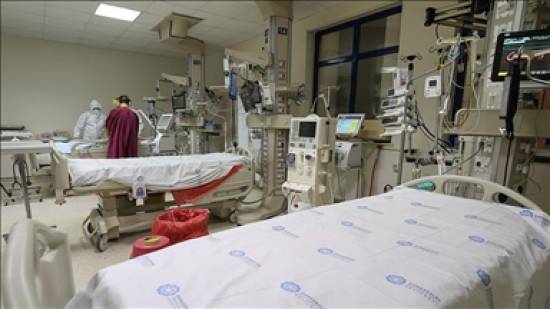Efforts to contain the spread of coronavirus and preempt its fourth wave in Iran have been dampened by a surge in new infections in some provinces and alarming spread of the UK variant of the virus.
According to officials, the sharp spike in new cases and fatalities in western provinces, bordering Iraq, Azerbaijan, and Turkey, has complicated the fight against the pandemic in the country.
Alireza Raisi, a spokesman for Iran's anti-corona taskforce, said on Saturday that although the overall graph of the pandemic has seen a downward tilt in recent weeks, the sudden surge in western provinces like Khuzestan was a cause of concern.
He said nine major cities in the oil-rich province bordering Iraq are presently in the red category, with a high rate of infections.
The spokesman also noted with concern the situation in West Azerbaijan province, bordering Azerbaijan and Turkey, where the cases have seen an upward trend recently.
Iran's Deputy Parliament Speaker Syed Amir Ghazizadeh Hashemi, who is also a member of the anti-corona taskforce, also expressed concern over the eruption of new cases in the western parts of the country.
He termed the situation in Khuzestan and West Azerbaijan "worrying", especially with the UK variant of the virus making inroads in the country, calling for strict compliance with health guidelines.
The UK variant of the virus, which was first reported in Iran early last month in a passenger who had returned from UK, is "rapidly spreading" in the country, according to Health Minister Saeed Namaki.
He said a 71-year-old woman who had no travel history died last week of the UK variant, which points to a spread of the mutated virus in the country.
Health authorities have called for strict vigilance at border entry points, and also at airports for those arriving from abroad.
Iran has so far reported over 1.5 million cases of the virus since its outbreak February last year. A total of 58,883 have died from it.
Vaccination rollout began this week with healthcare workers and other high-risk groups being administered the vaccine in the first phase. Officials say it will take at least a year for the entire population to receive the vaccine.
Iran is also racing to produce a homegrown vaccine, with two vaccines passing the human trial phase so far./aa


